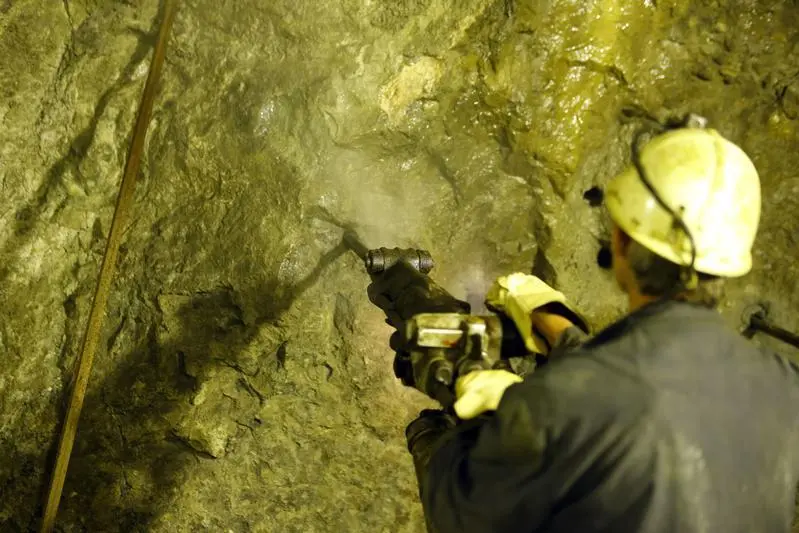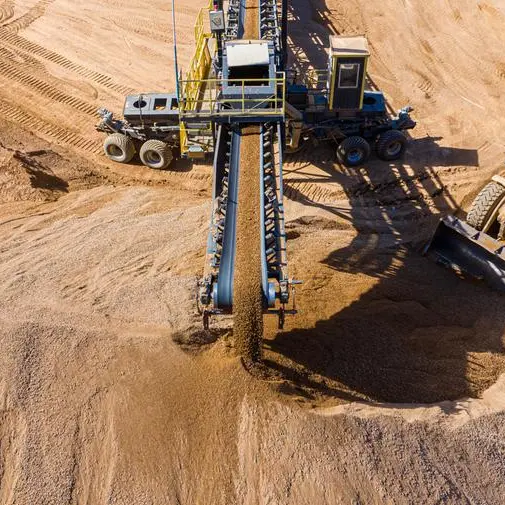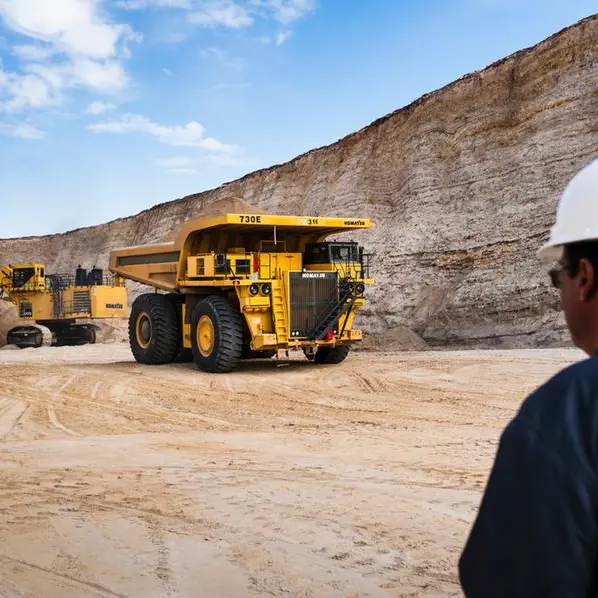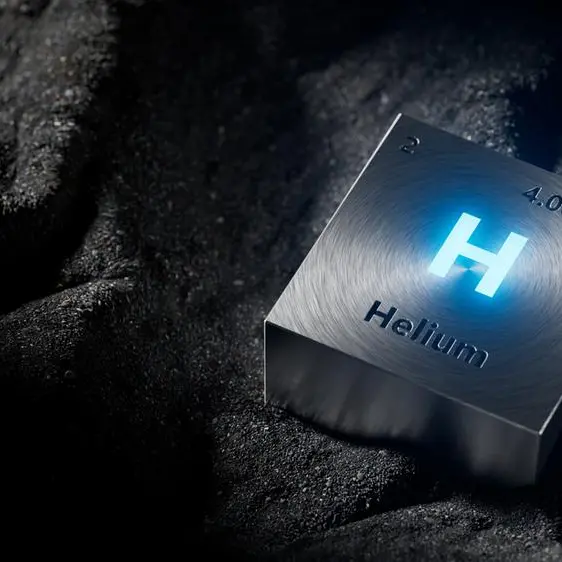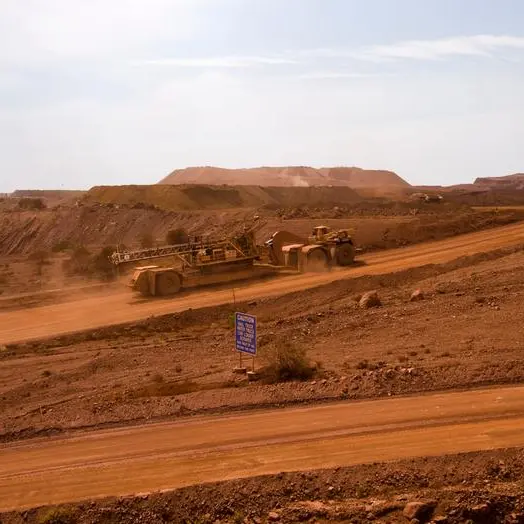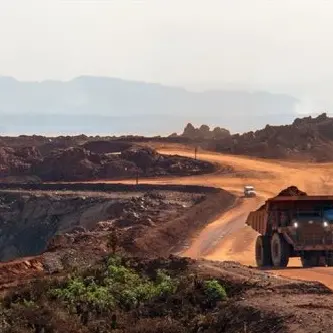PHOTO
The UAE has recently signed several economic and investment agreements and partnerships, of which mineral industries represent an important aspect, as they cater immensely to the country's industrial needs.
Lithium, nickel, cobalt, copper, graphite, manganese and rare earths are at the top of the list of critical minerals due to their increasing importance in the production of electric cars and batteries.
Countries are increasingly interested in securing supplies of critical minerals and not relying on a single country to provide these minerals, with the aim of avoiding potential disruptions in clean energy supply chains.
According to the "Sharek.Emirates" information platform, the mineral wealth in the emirates is of great importance as a large number of industries depend on it, as there are huge reserves of it that constitute a cornerstone for future investments and projects in this sector, and include raw materials and minerals, which are obtained through various extraction and mining operations.
The UAE has been securing these minerals from multiple sources, especially the African continent, in light of protectionist measures and global competition over strategic and critical minerals.
Critical minerals are defined as a group of mineral resources and rare earth elements that play central roles in advanced technology sectors, such as renewable energy, electronics, and advanced defense systems, and are essential components in the manufacture and production of solar panels, wind turbines, electric vehicle batteries, and other clean energy technologies.
According to a new research paper prepared by Interregional Strategic Analysis, in Abu Dhabi, investments in the metals sector come within the “300 Billion Project” strategy, which aims to raise the industrial sector’s contribution to the GDP to AED300 billion by 2031, while the industrial sector in the country has achieved a qualitative leap in its contribution to the country’s GDP estimated at AED197 billion by the end of 2023.
According to the Ministry of Industry and Advanced Technology, UAE industrial exports have grown by 10% since the launch of the “300 Billion” project, reaching about AED187 billion in 2023.
The metals sector provides significant job opportunities in the manufacturing sector in light of the spread of waves of protectionism, and with many countries focusing on modern industrial investments based on strategic metals related to modern industries such as: semiconductors, electric cars, sustainable energy projects, electronics, precious stones and other vital industries with large investment returns.
The acquisition of rare earth minerals has become one of the dimensions of the great competition between the world's major countries, especially America and China, and the ongoing trade war between them.
In the context of investing in the minerals sector, Global Resources Holding Company, the mining investment arm of the International Holding Company (IHC), has advanced.
Emirates Global Aluminium is the world's largest producer of high-quality aluminium. The country has many large industrial entities in a variety of metal industries, most notably iron, glass and other industries.
The country also has a proven track record in the global and regional manufacturing sector according to the highest global indicators.
The UAE Ministry of Investment has sealed an investment memorandum with Kenya, thus paving the way for investment co-operation in the mining and technology sectors, as the mining sector in Kenya has great growth potential thanks to its strategic reserves of gold, copper, ilmenite, tantalum and many other minerals.
Copyright 2024 Al Hilal Publishing and Marketing Group Provided by SyndiGate Media Inc. (Syndigate.info).
